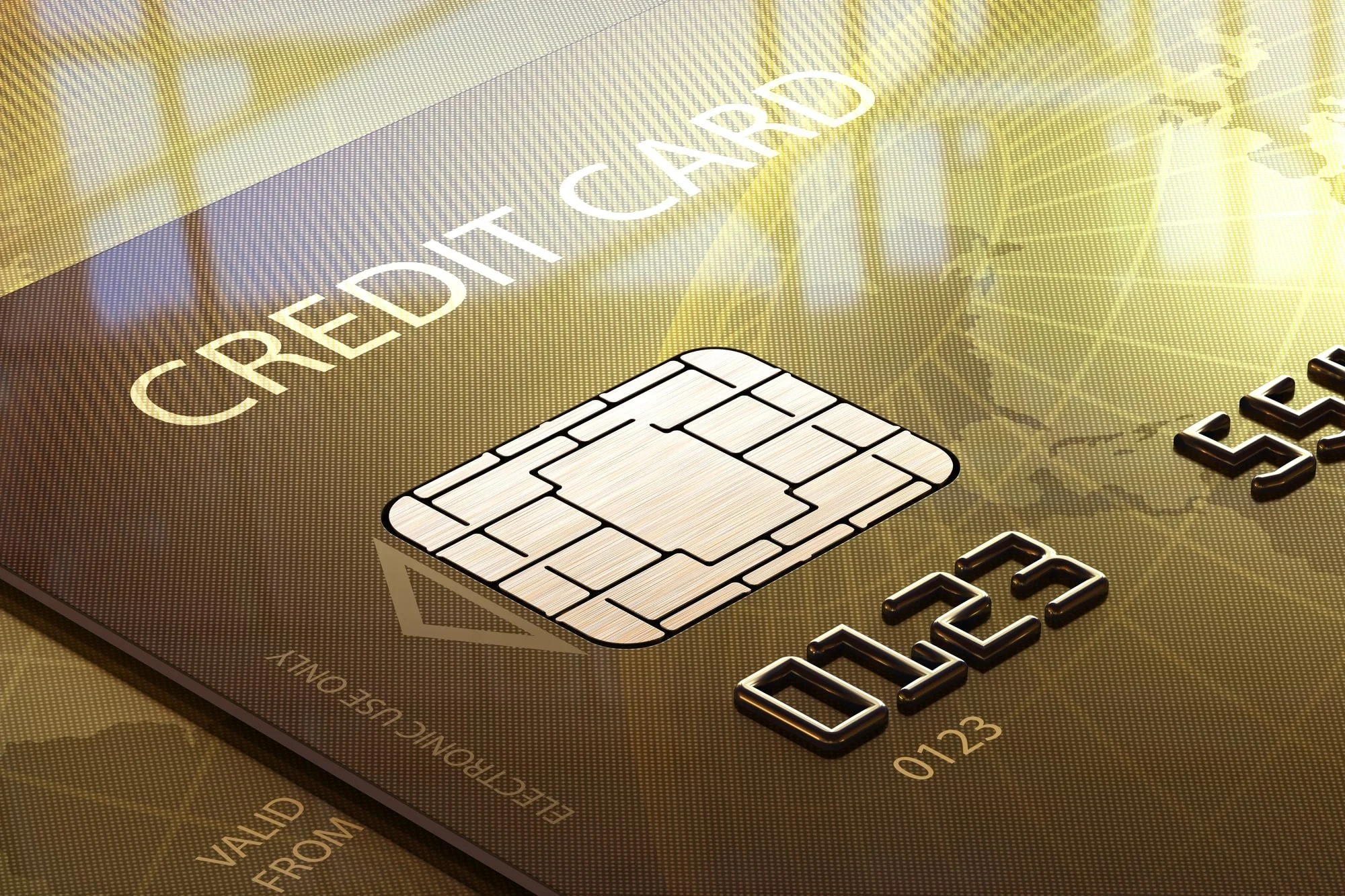Choose the RIGHT Small Business Credit Card
When I decided to take my business seriously, one of the best decisions I made was getting a designated business credit card. There are plenty of perks to doing this, but one of the biggest is to get in the mindset of being organized, thinking big, and taking your business seriously. Sure, personal cards and accounts might get you by in the beginning, but once you start profiting, it’s crucial that you don’t only keep your personal and business separate, but that you treat your business as a growing entity and take advantage of the many perks a business card has to offer. That’s why below I break down why it’s important to have a business card and why I chose the Chase Ink card as my small business card of choice.
WHY YOU NEED A SMALL BUSINESS CREDIT CARD
Once you start profiting from your blog, business, or influencer ventures, it’s critical that you start to separate your finances. I have a business credit card, business bank account and then a personal credit card and personal bank account to keep expenses, income, etc.. separate. You NEED to separate these. There is no bigger headache (especially if married or having a 2nd job) then trying to determine what you made or need to write off when it comes to doing your taxes. Not to mention, it gets even more complicated if you decide you want a loan. The BEST thing you can do is keep each separately.
Of course you can always use personal cards as a business card if you wish, but there are plenty of perks to a designated business credit card that I will go through below.
Build your business credit score. Having a business credit score can drastically improve your business purchasing power in the future, separate of your personal credit/finance metrics. If your business has a higher score, you’re more likely to be approved for larger amounts of money at better rates because it shows your trustworthiness as a borrower.
Increased financing and better terms. Increasing your financing and having better terms are perks of designated business cards. When you really start making money, your profits go up but so do your expenses. Having a card with a higher credit limit, better rewards, and better terms will go SO FAR when growing you business.
Greater Rewards. Business cards generally come with greater rewards, which is a HUGE perk because that’s FREE money. When I signed up for my Chase Business Card
Free Employee Cards. Finally once you start having employees, having FREE cards for them can be a huge perk. It helps keep expenses straight, allows your employees to rack up points that will benefit your business and also gives you full control over their spending. These are all important things to see your business grow.
Now that you know you need a business credit card, where should you begin on choosing one? Below I go through what you should know and how I chose the RIGHT business card for me.
HOW TO CHOOSE THE RIGHT BUSINESS CREDIT CARD
Before you start weighing your credit card options, you need to be aware of a few basics about business credits cards and how they work. For example, business credit cards can ONLY be used for business-related expenses, nothing personal.
Take a look at your personal credit score before you start applying for cards, because…surprise, card issuers will consider it over your business credit score when making approval decisions. This is related to the fact that business credits cards are not protected by the CARD Act and often require you make a personal guarantee. This means that if your business can’t pay the balance, you are held liable for the credit account and will be responsible to pay any debts yourself. So, make sure your business can handle any expenses you charge to a card.
Business credit cards are also an important tool if you have employees, even just one or two. In most cases, credit card companies offer employee cards for free. This allows you to not only delegate but also track their expenses individually.
EXAMINE YOUR BUSINESS EXPENSES
Choosing a business credit card or cards requires taking some time to examine how your business spends its money. Understanding the main categories your money is going to will you choose the card(s) that will benefit your business the most. Consider things like long-distance travel, commuting, and client entertainment.
You can start by considering these questions: Does your business require a lot of flight and hotel bookings for yourself and/or your employees? Does it require a lot of driving and paying fuel bills? What about client relations – Does your business spend a lot taking clients out to bars and restaurants?
Cards often offer rewards, such as cash back, in only one of these major categories. So, if you spend a lot on long-distance travel, choose a card that rewards for flights and hotels. If a lot of budget covers fuel bills, look for a card that offers good rewards for gas station purchases. Finally, consider a card that offers restaurant spending rewards if you spend time and money entertaining clients regularly.
If your business spends quite a bit in more than one category, it’s not uncommon to have a different credit for each of these types of purchases. This can allow you to rack up the most rewards and benefits as you possibly can.
2. CONSIDER COSTS & BENEFITS OF ANNUAL FEES
Rewards are important, but should not be your only focus when choosing a business credit card. You also need to weigh the idea of whether or not paying an annual fee might provide some further benefits.
Here’s why paying an annual fee might be worthwhile: They often have greater signup bonuses and come with higher reward potentials. So, if paying $99 a year to tap into a greater level of rewards translates into more savings or perks than the fee, it’s probably a fee you shouldn’t worry about forking over.
3. CONSIDER DIFFERENT BUSINESS CARD INTEREST RATES
Don’t forget that if you aren’t paying off your business credit card each month, you will be charged interest on the balance that carries over. This interest is called the annual percentage rate (APR). Most card issuers will list this as a range because it will ultimately depend on your credit score at signup. So, it can be hard to know what to compare but get a general sense on potential differences. Also, keep an eye out for different types of APRs like penalties for missing payments or introductory lower or 0% rate offers.
4. ARE THERE ANY POTENTIAL FRINGE BENEFITS?
After consider the points above, you should be able to narrow down most of your general options to a few top contenders. One final thing to consider are any fringe benefits they offer.
Maybe you need to make a large purchase for your business but getting financing is tough and you need another option. Picking a card with an introductory 0% APR offer might make all the difference. Or, if you just need a bit more cash, a large signup bonus might be helpful. Luxury perks like lounge access at airports may also be important to you or avoiding cards with foreign transaction fees if you travel overseas.
These things aren’t essentials when choosing a card, but could help you make final comparisons.
WHICH BUSINESS CREDIT CARD SHOULD YOU CHOOSE?
Your specific business needs will ultimately dictate which rewards your after and which cards suit you best. If you need a place to start, the Chase Ink card ranks as one of the best credit cards for small businesses.
Here’s why: Chase Ink cards offer small business owners exceptional benefits with generous cash back rewards and substantial welcome bonuses.
What Makes the Chase Ink Business Credit Card Shine Above The Rest?
All three Chase Ink cards earn points that are more flexible than simple cash back because they can be combined and transferred across cards through the Ultimate Rewards program. But what advantage does this give? Ultimately, this allows you to use your most rewarding credit card according to each individual purchase and combine the points for high-value redemptions through any of one of your Chase cards.
If you rent cars for business travel, all Chase Ink cards provide a primary auto rental collision damage waiver benefit. Many cards carry a collision damage waiver benefit, but this is offered as primary insurance for business travel through the Chase Ink cards which alone could provide enough justification for carrying one.
Extended warranty and purchase protection are provided for all Chase Ink cards which can directly translate into savings if you would otherwise purchase an extended service plan. This benefit is usually reserved for premium and ultra-premium credit cards. Not only does this extend the U.S. manufacturer’s warranty by an additional year (on eligible warranties 3 years of less), but also provides coverage for 120 days against damage or theft.
WHICH CHASE INK BUSINESS CREDIT CARD IS RIGHT FOR ME?
Your spending patterns ultimately determine which Chase Ink card (or combination of cards) is best for you.
The Ink Business Unlimited® Card is best if you’re looking for simple cash back or a 0% introductory rate. The Chase Ink Business Cash® Credit Card will get you more cash back if most of your spending is on office supplies, dining, or at gas stations. Finally, the Ink Business Preferred® Credit Card is your best bet if most of your business expenses are related to traveling. Because of the flexibility of the Ultimate Rewards program, any combination of these cards can also help you get more rewards and cash back for your regular purchases.
HOW TO APPLY FOR A BUSINESS CREDIT CARD
If you’ve narrowed down your search and you’re ready to apply for a card, there a few things to consider before opening the application.
Most cards require good or excellent credit (a score of at least 670) for approval. So, if you’re not there yet, take some time to improve your credit score before you hit the application button or you’re likely to be declined.
If you have good credit, you’re almost ready to apply. Just take a minute to gather a few important pieces of information so you can easily complete your application. Most, if not all, of this information is likely necessary:
Your full name
Your date of birth
Your social security number
Business’s legal name and contact information
Business federal tax identification number
Business industry type
Business entity type (e.g. corporation, nonprofit, LLC, sole proprietorship)
Time in business
Number of employees
Annual and projected revenue
Estimated monthly expenses
THE BOTTOM LINE - USE YOUR BUSINESS CREDIT CARD WISELY
Choosing the right business card is important but can be difficult because there is no one-size-fits all option. With a little bit of research into your business expenses and what perks would benefit you the most, you can find your way to the card that will serve you best. Make sure you start off on the right foot by reviewing the terms and conditions, especially with the rewards program, to make sure you get the most out of your card.
Keep tabs on you and your employees’ spending and due dates to avoid any potential problems. Business credit cards can be valuable tools, but only if you are well-informed and use them responsibly.






